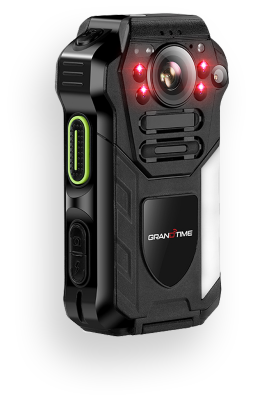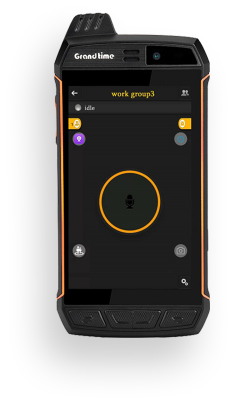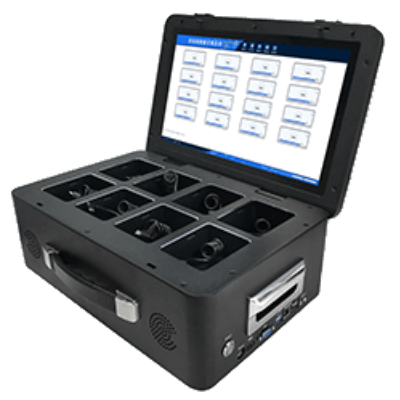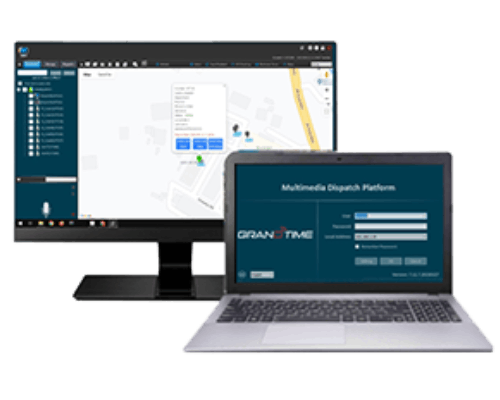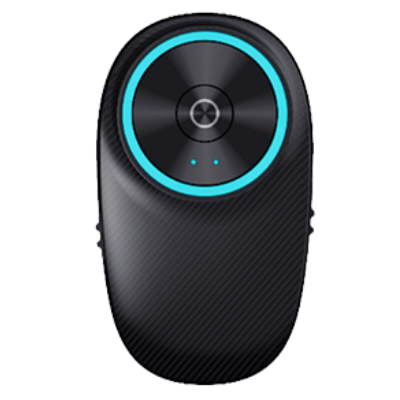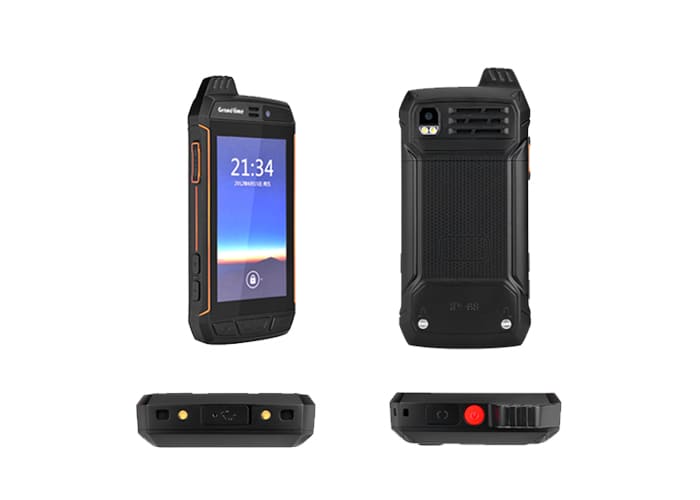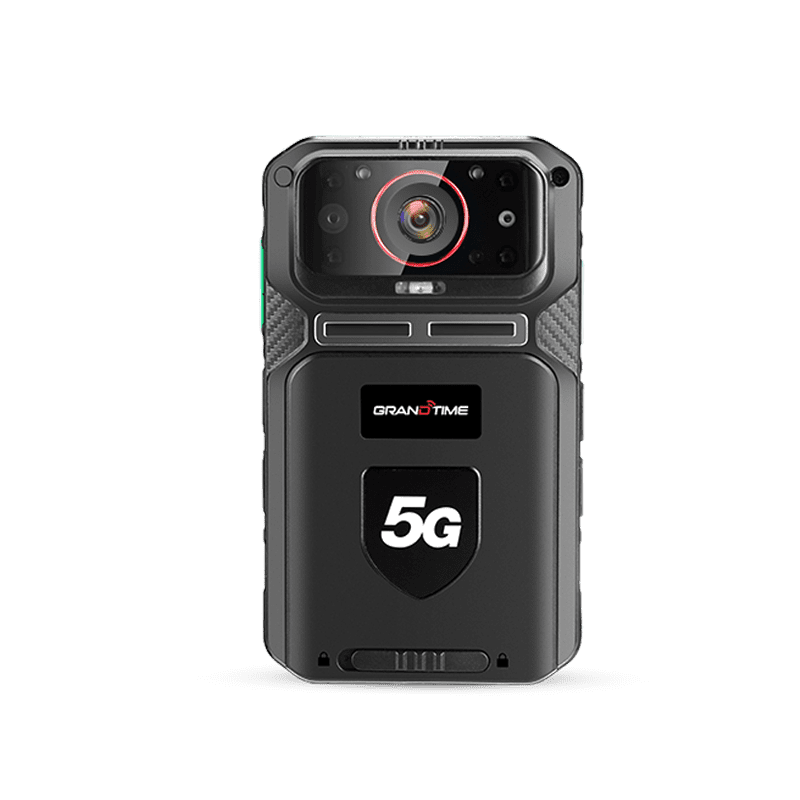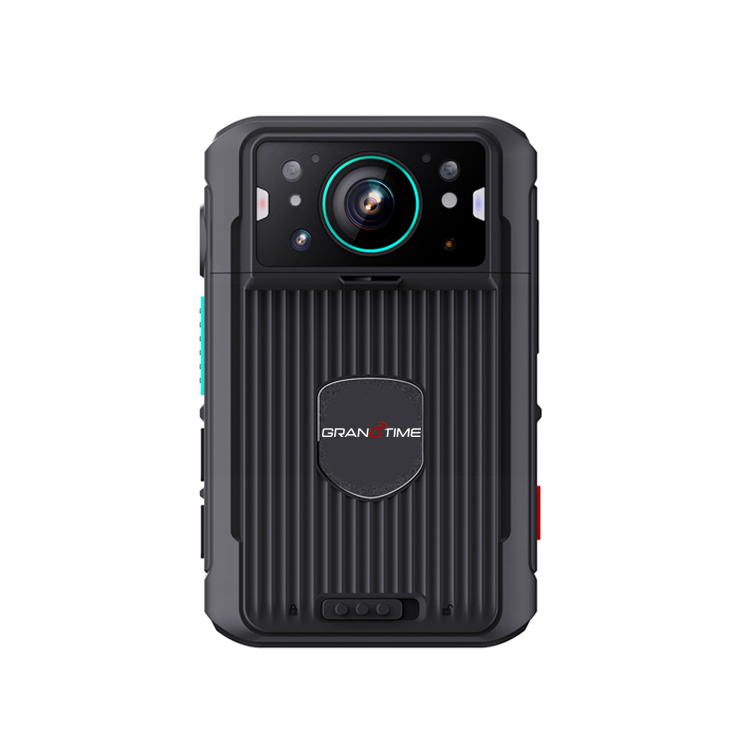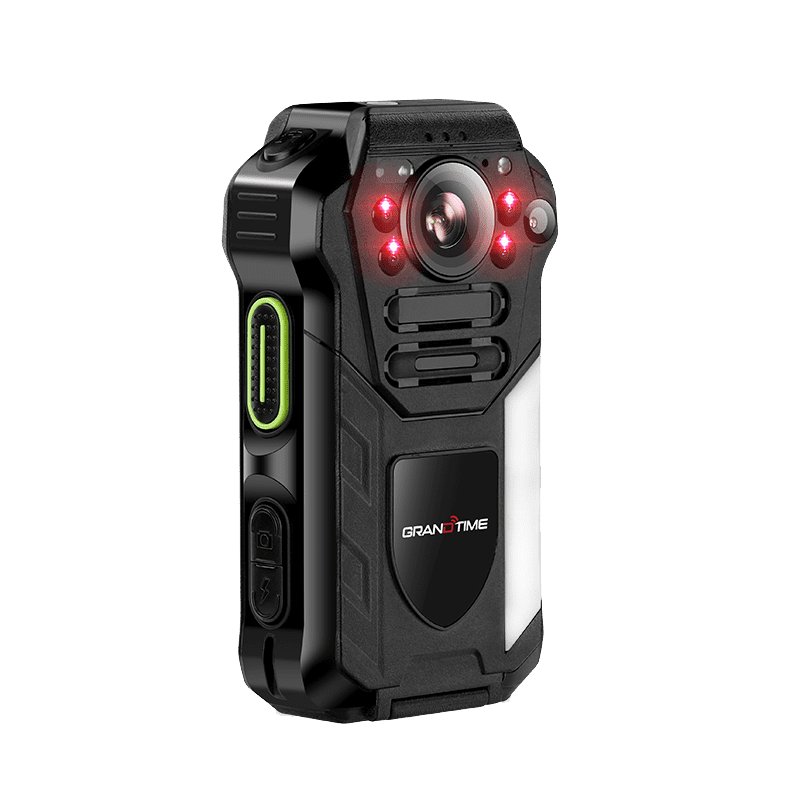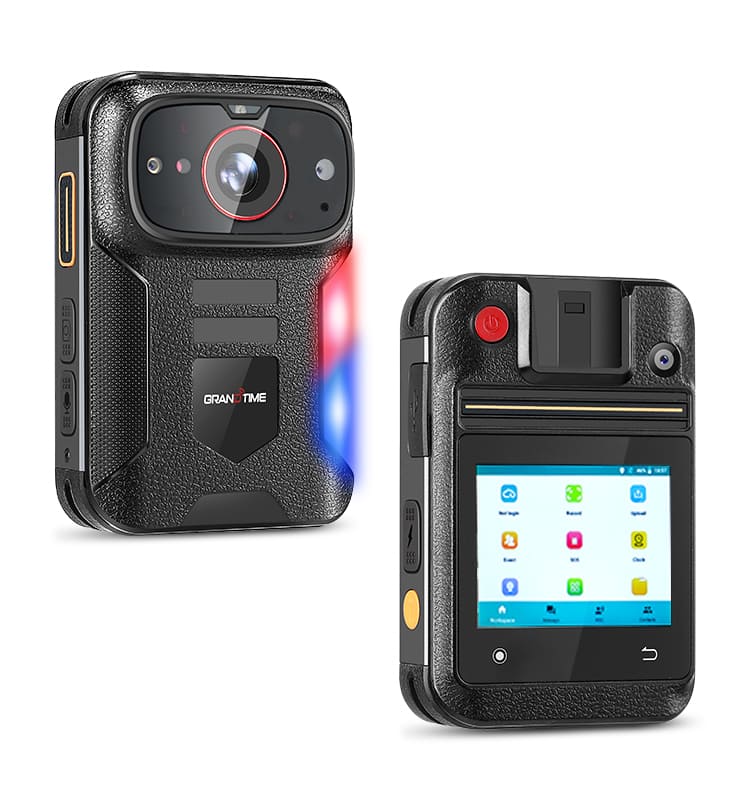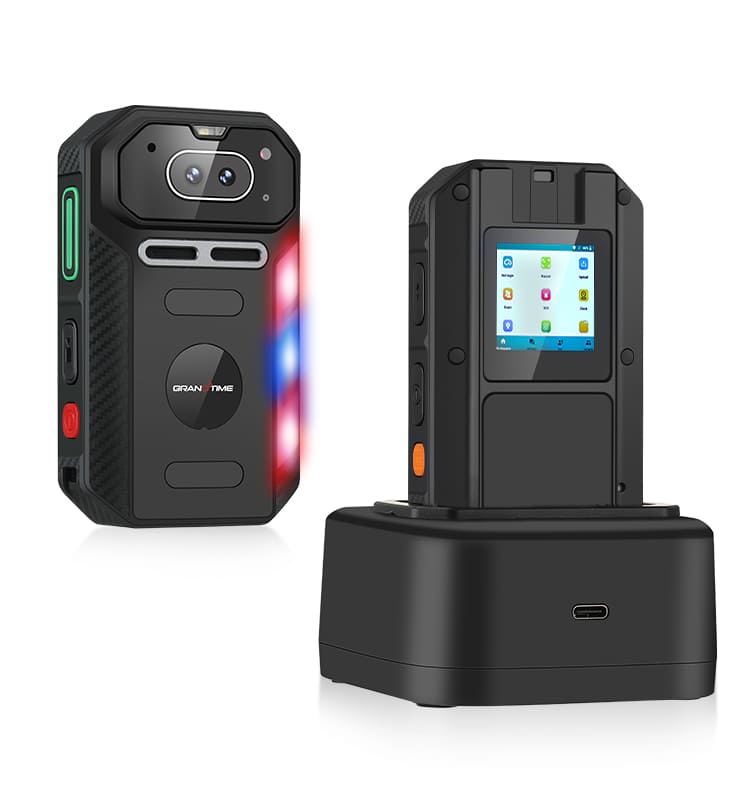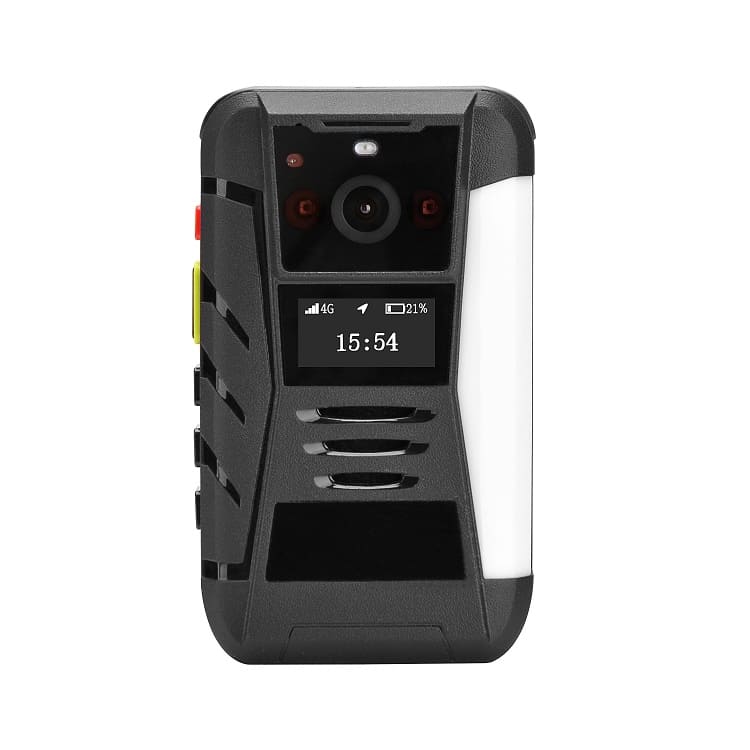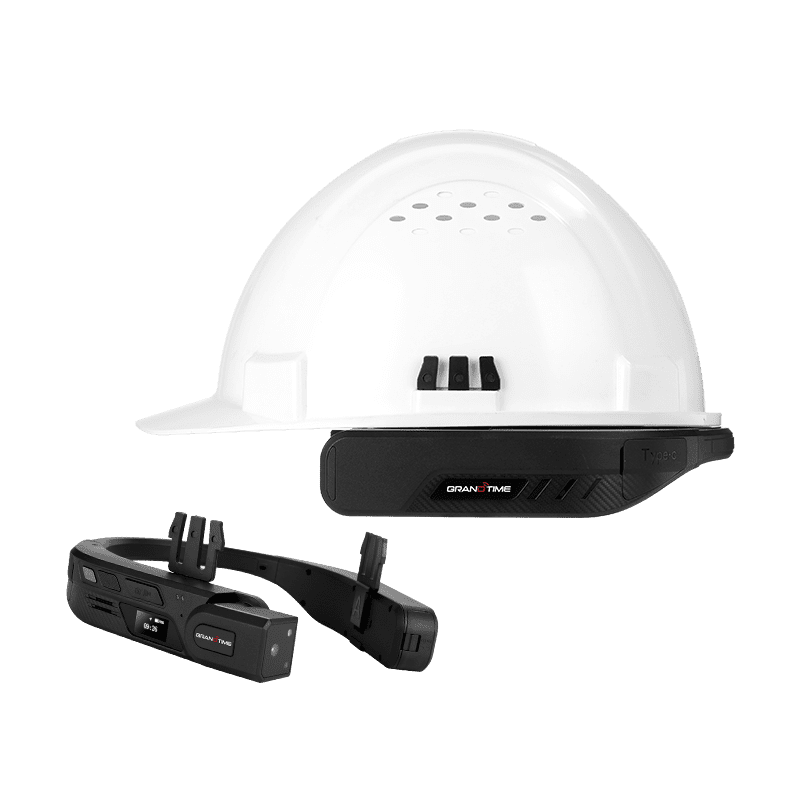Push-to-talk over Cellular (PoC) radios are a vital tool for communication in industries that demand real-time coordination, such as public safety, construction, logistics, and maritime operations. These devices leverage cellular networks to provide reliable, long-range communication. However, the environments where PoC radios are used often expose them to harsh conditions, including rain, dust, and humidity. One essential feature that helps PoC radios perform optimally in these conditions is waterproofing.
PoC Radios
PoC radios combine the convenience of cellular technology with the functionality of traditional push-to-talk (PTT) communication. Unlike traditional two-way radios, which depend on specific frequencies, PoC radios utilize cellular networks to transmit voice data. This enables them to communicate across vast distances without needing repeaters or dedicated radio infrastructure.
Grandtime IP68 Waterproof 4G PoC Radio
Why Waterproofing is Crucial for PoC Radios?
Waterproofing ensures that PoC radios can endure exposure to water without suffering damage or performance issues. Below are key reasons why waterproofing is a necessary feature:
Harsh Working Environments
Many industries where PoC radios are used involve outdoor activities or environments prone to moisture. For instance, public safety workers, construction crews, and field service teams regularly face inclement weather, including rain, snow, and flooding.
Waterproof PoC radios guarantee that these professionals can continue to communicate effectively, even when exposed to water. Without waterproofing, moisture could seep into the device, damaging internal components and rendering the radio useless in the middle of a critical operation.
Enhanced Device Longevity
Electronic devices are particularly vulnerable to water damage, which can lead to short circuits, corrosion, and malfunction. Water exposure can damage not only the internal electronics but also the speaker and microphone, reducing the audio quality and clarity of communication.
Waterproofing adds a layer of protection that extends the lifespan of PoC radios, allowing them to withstand water splashes, submersion, and humidity without performance degradation. This durability reduces the frequency of repairs or replacements, offering significant cost savings to organizations in the long term.
Safety and Reliability
When communication tools fail, the safety of workers can be compromised. In high-stakes industries like firefighting, law enforcement, and emergency medical services (EMS), communication breakdowns due to water damage can result in severe consequences.
Waterproof PoC radios ensure that communication channels remain open, even during extreme weather or in environments with water hazards, such as flood zones or maritime settings. This reliability is essential for ensuring that emergency responders and field workers can coordinate and execute their tasks without interruption.
Use in Marine and Water-Based Operations
For industries operating on or near water, such as shipping, fishing, and marine rescue services, waterproof PoC radios are indispensable. Crew members frequently work in wet environments, where devices may be splashed or even submerged.
In these scenarios, waterproofing is non-negotiable. Radios that are not waterproof would fail upon exposure to water, leaving teams unable to communicate and potentially placing lives or property at risk. Waterproof PoC radios are designed to survive in such demanding conditions, ensuring constant communication even when submerged or exposed to saltwater environments.
How Waterproofing is Rated: IP Ratings Explained?
The degree of waterproofing for PoC radios is typically defined by an Ingress Protection (IP) rating. This rating consists of two numbers: the first denotes protection against solid objects, such as dust, and the second indicates protection against liquids.
Solid Protection: The first digit ranges from 0 to 6, with 0 offering no protection and 6 indicating complete protection from dust and other solid particles. For PoC radios used in dusty or construction-heavy environments, an IP rating of 6 (dust-tight) is ideal.
Water Protection: The second digit ranges from 0 to 9, with 9 representing protection against high-pressure water jets and complete submersion. Common waterproof ratings for PoC radios include IP67 and IP68.
Choosing a PoC radio with an appropriate IP rating is essential based on the conditions in which the device will be used. Workers operating in heavy rain or near bodies of water should opt for higher water resistance to ensure maximum durability.
Industry-Specific Applications of Waterproof PoC Radios
Public Safety and Emergency Services
Police, firefighters, and emergency medical personnel frequently work in unpredictable conditions, including rain, snow, and floodwaters. Waterproof radios are crucial for maintaining clear communication during these challenging situations, ensuring that first responders can coordinate effectively.
Construction and Engineering
Construction sites are often exposed to outdoor elements, including rain and dust. Waterproof PoC radios enable teams to communicate seamlessly, regardless of weather conditions, allowing them to maintain operational efficiency and safety.
Transportation and Logistics
In transportation, especially maritime and aviation, communication is vital to avoid accidents and manage logistics. Waterproof PoC radios ensure that communication systems remain functional in water-prone environments, such as ports and during air cargo operations in harsh weather.
Conclusion
Waterproofing is a critical feature for PoC radios, ensuring that they perform reliably in a variety of demanding environments. From construction sites to emergency response teams, waterproof PoC radios offer durability, safety, and longevity, making them essential for industries where communication cannot be compromised. When selecting PoC radios, considering the IP rating and the working conditions can help organizations invest in the right tools to maintain seamless communication in any environment.

